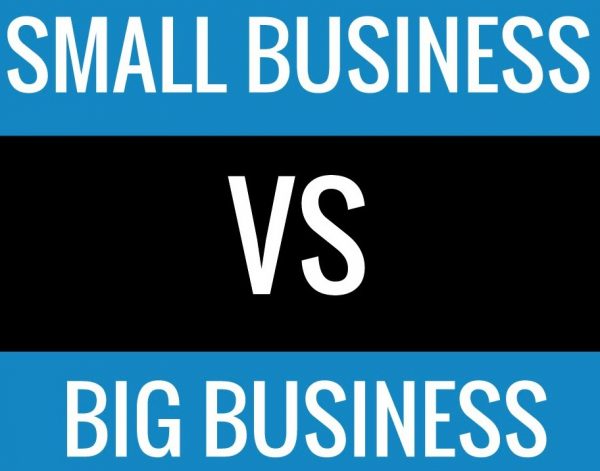Seeking Investment Capital? You Need to Know “The Four Pillars”
by Leon J. Owens

When looking for business funding, it’s important to know what the scale of your business truly is, and to understand the pros and cons of both “traditional” loans and of equity investments in your business.
First, ask yourself a fundamental question: Are you primarily focused upon turning enough of a profit to sustain a reasonable income and support employees…or does your business have a serious potential to grow quickly into a multi-million-dollar operation?
If your business falls into the former category, you’re better off seeking “traditional” financial support in the way of a loan because you’ll retain complete control over your business, you won’t need to share any profits with any outside interests, you’ll have control over how the borrowed funds are used, and any interest you pay is a tax-deductible expense.
On the flip side, of course, there are certain negative realities to borrowing money: both interest and principal need to be repaid in full, your personal credit worthiness will affect the terms of the loan, you’ll likely be required to provide personal collateral to guarantee repayment, and you’ll have to repay the entire loan amount plus interest even if your business fails.

If, on the other hand, your business has the potential for substantial growth over a reasonably short period of time (you’re opening a fast-food chain to surpass MacDonald’s revenues), you may be able to attract private investors with large amounts of capital who are seeking even larger returns.
Aside from the advantages of attracting larger sums of money from equity investors (banks always fear borrower default and are more conservative with their cash), you may be able to negotiate far better payback terms, avoid personal liability for business problems, and have the benefit of experienced advisors. The downside, of course, is that you’ll be giving up full control of your business (investors like to watch their money at work), and you’ll certainly be surrendering a significant percentage of any future profits.
So if you believe your business is on the verge of something big—and can reasonably predict aggressive short-term growth—you should be prepared to approach venture capital investors with more than just “a great idea.” You need to prove the value of your business by pointing to what I like to call The Four Pillars:
- A bulletproof business plan document. All the elements need to be in place, all your data and financials need to withstand scrutiny. This is not the time for pie-in-the-sky.
- A varsity team. No man is an island, and no investor will trust their cash in the hands of one individual without seeing the support of other involved professionals. You must surround yourself with like-minded business people with a track record of success.
- A compelling business concept, innovative approach, revolutionary process, or unique product. Major investment capital is not going to be attracted to your great idea for a new line of home-made cookies…unless you can prove your marketing methods or distribution model will revolutionize the baked goods industry.
- A recent history of success. Investors want to see a business that works. The days of dot-com investors plunging millions into an “idea” for a website are over. But if you can show a working model that demonstrates the economic viability of your business, you have a good shot at attracting the “smart money.”
